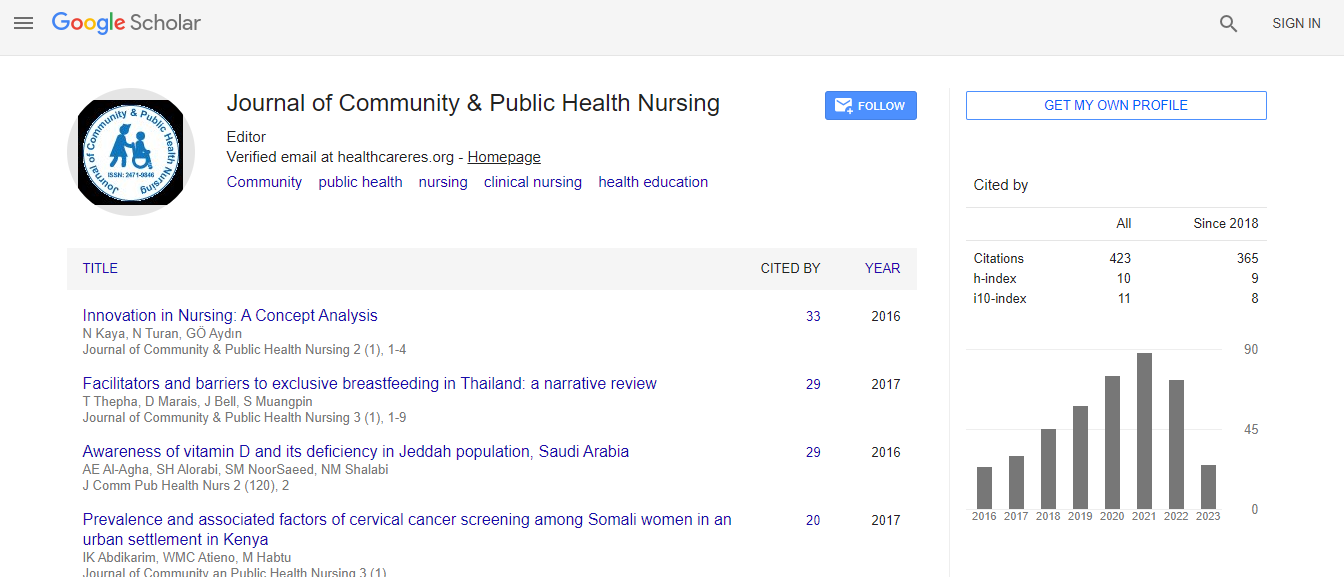Short Communication
Building a Comprehensive Tobacco Control Program at a Community Health System
Joanne H Ebner*, Catherine Brady-Copertino and Barry MeisenbergCancer Prevention, Anne Arundel Medical Center, Cancer Prevention, DeCesaris Cancer Institute, USA
- *Corresponding Author:
- Joanne H Ebner
Supervisor, Cancer Prevention
Anne Arundel Medical Center
Cancer Prevention
DeCesaris Cancer Institute, USA
Tel: 336-285-2247
Fax: 443-481-5808
E-mail: Jebner@AAHS.org
Received date: Mar 15, 2016; Accepted date: Mar 31, 2016; Published date: Apr 07, 2016
Citation: Ebner JH, Copertino CB, Meisenberg B (2016) Building a Comprehensive Tobacco Control Program at a Community Health System. J Comm Pub Health Nurs 2:117. doi:10.4172/2471-9846.1000117
Copyright: © 2016 Ebner JH, et al. This is an open-access article distributed under the terms of the Creative Commons Attribution License, which permits unrestricted use, distribution, and reproduction in any medium, provided the original author and source are credited.
Abstract
Strategies to discourage tobacco use on many fronts from taxation to hard-hitting awareness campaigns have made an impact on reducing tobacco use and promoting tobacco avoidance. In order to further advance tobacco control efforts, future efforts require expanded awareness campaigns; additional training for health professions in tobacco treatment; continued policy shifts; and further integration of tobacco treatment at all health care visits. Anne Arundel Health System’s Cancer Prevention/Nicotine Dependence Program is using several evidence-based tobacco control strategies to eliminate one of the most potent causes of death and disease. These broad efforts have been designed to engage wherever the health system can interact with the public: inpatients, outpatients, community health clinics, public housing, public schools, health system employee policy and public health policy at the state level. Community Cancer Centers can and should play a leading role in anti-tobacco efforts. Incorporating several elements of tobacco control within our organization and in the community allows us to further advance tobacco control efforts and enhance the health of the people we serve.

 Spanish
Spanish  Chinese
Chinese  Russian
Russian  German
German  French
French  Japanese
Japanese  Portuguese
Portuguese  Hindi
Hindi 
